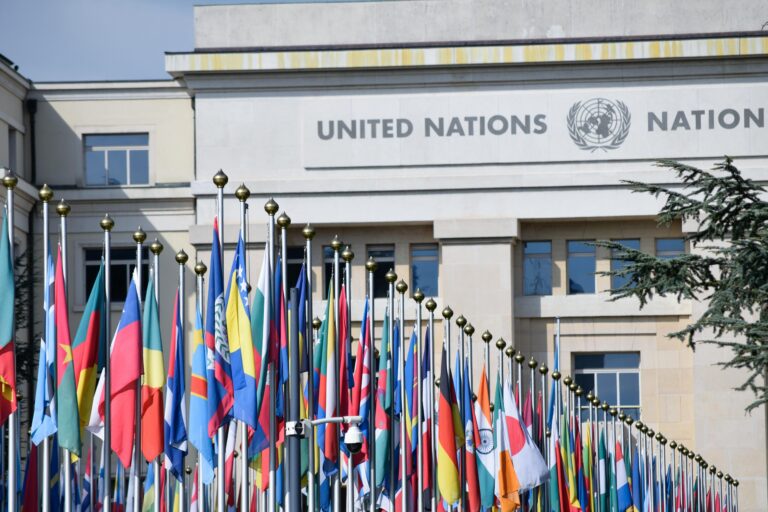The Commonwealth must hold Kigali accountable

In April, President Paul Kagame of Rwanda paid a state visit to Kingston for the first time in the history of both nations. For a brief moment, even partisan divides appeared to be on pause, as both government and opposition members shared in the fanfare. The Opposition Spokesperson on Foreign Affairs Lisa Hanna even called for Kagame to be conferred with one of Jamaica’s highest honours, the Order of Excellence. To his credit, Kagame is often touted as the leader of the army that ended a genocide that had claimed half a million lives. In the two and a half decades that have followed, he has led one of the fastest growing economies on the African continent – and in the World at large. His parliament boasts the highest share of women in the world. And, carefully curated partnerships with the British Premier League and the NBA in recent years have helped to associate Brand Rwanda with an air of cool and modernity.
But there have always been signs of a dark side to this success story. Kagame and his party, the Rwandan Patriotic Front, have triumphed over their electoral opponents by margins of over 90 per cent, in successive elections. Along the way, the vice-president of the Green Party was killed under mysterious circumstances, and the leader of another opposition party was sentenced to 15 years in jail, during her presidential campaign. Last year, investigative journalist, Michela Wrong, published the grizzly account of the assassination of Patrick Karegeya, Kagame’s former head of intelligence, who was living in South Africa. The killing was not particularly out of character as Freedom House describes Rwanda as one of just six nations that maintain an aggressive policy of transnational repression. Its human rights record is so poor that the Commonwealth Human Rights Initiative explicitly opposed Rwanda’s admission to the organization.
This week, Jamaica’s leaders will return Kagame’s visit, as they attend the Commonwealth Head of Government Meeting (CHOGM) in Kigali, Rwanda. There, Jamaica’s foreign-minister, Kamina Johnson-Smith, will challenge Patricia Scotland for the Commonwealth Secretariat position. Johnson-Smith’s bid enjoys the support of most of the organization’s richest countries and will likely triumph. This win would come just two weeks after Jamaica ascended to the vice-presidency of the UN General Assembly. While some have criticized Johnson-Smith’s candidacy for dividing the Caribbean voting bloc, her proponents argue that opposition to the candidacy of a Jamaican for an international post is simply unpatriotic.
However, to assume these organizations will inherently be made better by having Jamaicans at the fore, is to subscribe to the same sort of tribalism that has historically torn both of our countries apart. A Jamaican at the head of the Commonwealth is a good thing for the World, if and only if, it means a return to leadership with the moral courage to speak truth to power. Many in my generation question the relevance of the Commonwealth in the twenty-first century. To this point, it is worth remembering that this is the same forum that unified the English-speaking world against South African apartheid. If the Commonwealth has grown irrelevant, in the years since, it is only through its complacency and inaction on the injustices of the present day.
Shua McLean (@shuakym) is a Master of Public Affairs student at Princeton University, concentrating in International Development. He writes regularly on issues of public finance, budgeting, and public-sector reform. He is an intern at the Jamaica Monitor.






